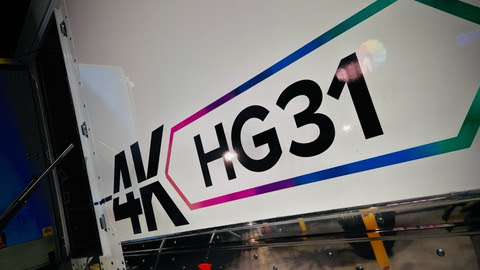Local broadcasters claim they provide 'best use of spectrum'
A group of TV station owners, representing some 226 local stations, told the FCC that its service to viewers “represents the highest and best use of the spectrum in the public interest.”
Reacting to the FCC’s expected move to reclaim spectrum from the broadcasters, the stations said the “channel-sharing and service area reductions contemplated in the (FCC’s) Public Notice would take this ability away from broadcasters and likely result in widespread viewer reception difficulties.”
Stations presented many of the arguments filed by the NAB and MSTV trade organizations. “The local TV broadcasters urge the commission to avoid coercive measures and instead provide all FCC licensees with ample flexibility to respond to technological innovation and consumer demand, which will continue to change in ways none can predict,” the broadcasters wrote.
The local stations urged the commission to collect as much data from the wireless industry as it has collected from broadcasters. “Broadcast TV service is ubiquitous, and data show it is more popular than ever,” the stations argued. “The data in the record about wireless spectrum use are questionable, and the data about alternatives to spectrum reallocation are scant.”
Contributing to the filing were Allbritton Communications; Bahakel Communications; Boise Telecasters; Cocola Broadcasting; Communications Corporation of America; Evening Post Publishing; GOCOM Media of Illinois; Granite Broadcasting; Gray Television; Lilly Broadcasting; Local TV; Malara Broadcast; McGraw-Hill Broadcasting; Media General; Meredith; National Communications; New Vision Television; Parkin Broadcasting; SJL Broadcast Management; Smith Media; SP Television; Tribune; White Knight Broadcasting; and WNAC.
The professional video industry's #1 source for news, trends and product and tech information. Sign up below.
